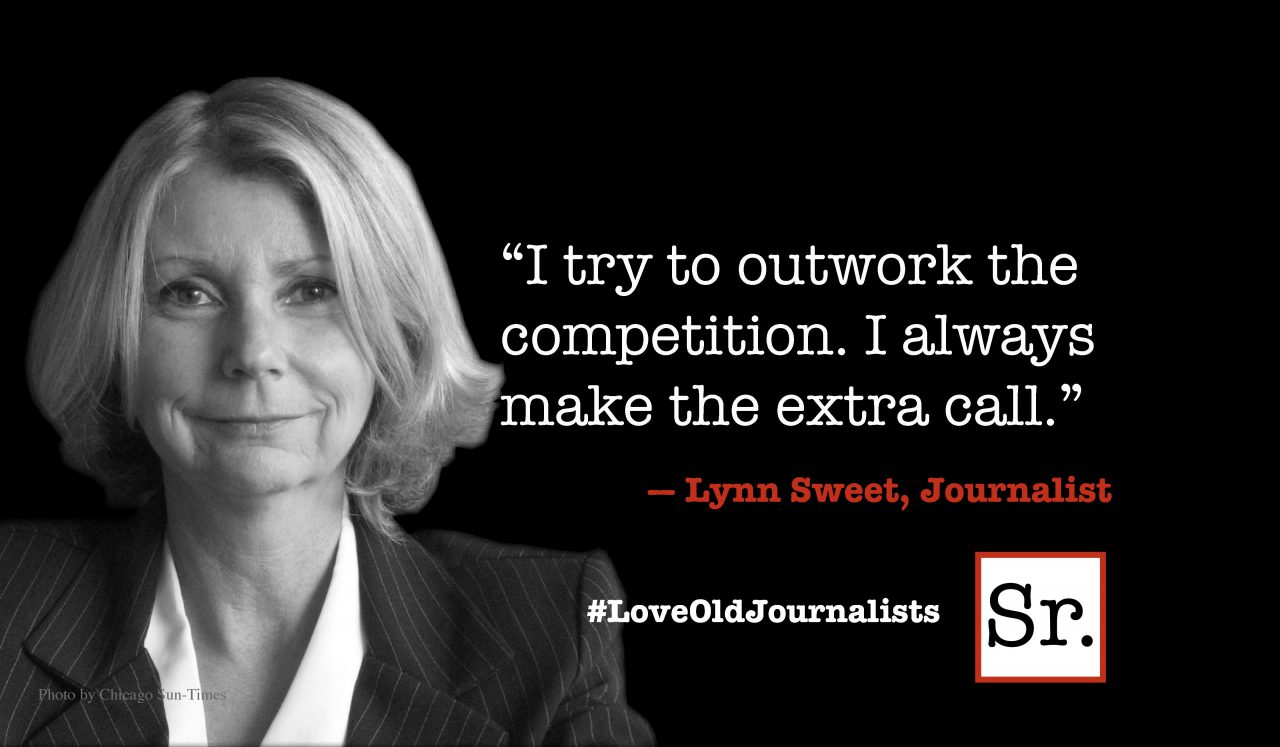I never realized how many questions I could ask on any given day or during any conversation. My family has recently made me realize my constant questioning was far more than the average person.
All my life I have asked questions to satisfy my natural curiosity to find out all the important information and then determine how it all made sense and fit together or didn’t.
I decided at a young age that news reporting was one area that proved successful for this obsession of always asking the details. You could ask any number of questions, and it was perfectly acceptable. The problem is when you are off the clock (which I don’t think you ever truly are), then the questions may seem excessive.
A simple social encounter can turn into an intensive interview before you realize it! Often you start to get strange looks and raised eyebrows, and you start to back off a little but not completely. You just have to know the details!
Teaching also afforded me the opportunity to feed my obsession. Questioning is a vital part of any classroom, so the students were my unsuspecting targets. I loved when they returned the favor with inquiries that spawned more questions from me.
Retirement from both of my professions brings this home to roost as you realize you want to find out more, get the whole scoop, or interrogate wholeheartedly. But you have to suppress it and ease into meeting socially accepted norms like not interviewing at a cocktail party.
Being inquisitive is an asset in most situations but can be viewed as prying in others. Sometimes answering questions is not what some people want to do especially in situations regarding public issues, when the answers are vital to making good decisions. I have to ask what are they hiding or don’t want the citizens to know. Okay, I will get off my soap box.
When respected journalist Gwen Ifill died recently, a quote was circulated on why she got into the news profession, which really sums up my feelings.
“I wanted to be a journalist, because I like to ask questions,” Gwen said in interview for the Explorations in Black Leadership Series, posted on PBS website. “And I like the idea that someone might feel responsible for answering them.”
My first questioning assignments began as a reporter in seventh grade when I helped organize a school newspaper. Our science teacher was forward thinking enough to turn us loose with the motivation to fulfill our goal – a newspaper for the entire junior high school.
This direction stayed with me – high school newspaper, local community newspaper, and then college where I majored in journalism and was on the school newspaper. I kept working at the local paper in the summers during college. The questions just kept coming!
I moved in the direction of public education, but I stayed close to journalism – founding and advising high school and middle school papers, working part-time at the local paper, writing for education journals, always thinking how events, people, and experiments would be great stories with many questions to be asked.
When my career veered into school administration, questions became crucial especially when getting to the bottom of an episode that no one would claim credit or blame. Again I had the drive to ask many, many questions. Often the students and parents were not fond of this drive when the answers were sometimes incriminating.
My grandchildren have given me hope for the future. One of my granddaughters recently had a sign on her bedroom door that warned to knock first. If not, you may be subjected to answering questions!
My son, and sometimes my daughter, will call me out for asking too many questions — saying I have used up my quota! I will cool it for a while until I feel I can squeeze in a few more.
Just keep in mind when someone like me greets you with “how’s it going, what have you been doing”, or any interrogative greeting, they really mean it and want details!









